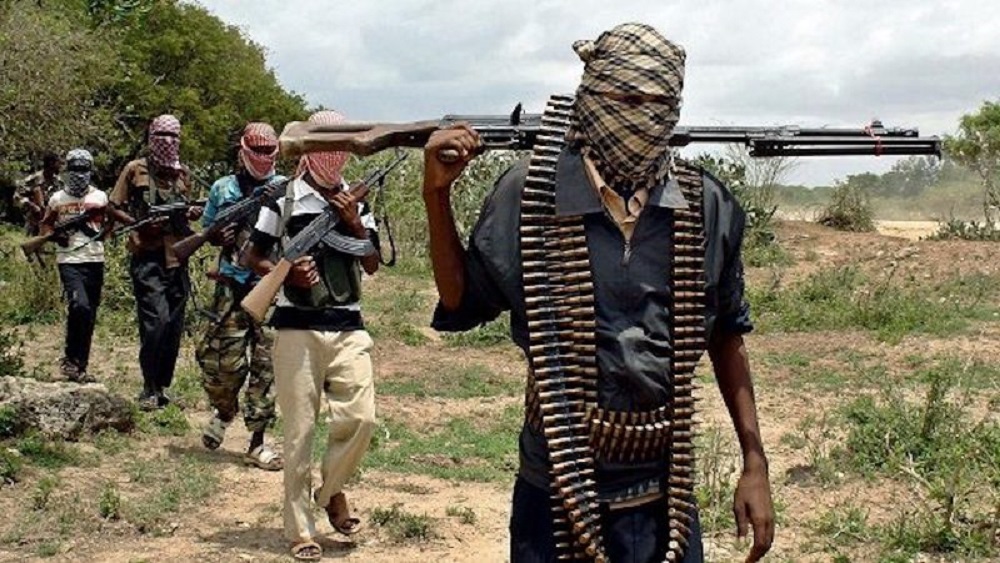Now Reading: Stand Up and Defend Yourselves: Niger State Governor Tells Residents, Vows Never To Negotiate With Bandits
-
01
Stand Up and Defend Yourselves: Niger State Governor Tells Residents, Vows Never To Negotiate With Bandits
Stand Up and Defend Yourselves: Niger State Governor Tells Residents, Vows Never To Negotiate With Bandits

In a dramatic move, the Niger state governor has publicly urged residents to defend themselves against bandits amid escalating violent attacks across the region.
The governor also affirmed that his administration would not engage in negotiations with criminal elements, as per reports from Intel Region

Addressing citizens directly, the governor expressed frustration at repeated assaults, kidnappings, and pillaging carried out by bandits, often in rural communities.
He asserted that waiting on state security forces alone is no longer sufficient, and that local people must rise to protect their lives and properties.

He added that negotiating with bandits would only embolden them, pointing to past instances where “talks” failed to produce results. The governor emphasized that security agencies must double down on intelligence, surveillance, and aggressive operations against these criminal networks.
Reactions and Concerns
The pronouncement has elicited mixed reactions. Some residents applaud the tough stance, feeling abandoned and vulnerable.
Others, however, warn of dangerous escalation if civilians take up arms particularly in areas where militants and bandits are heavily armed and organized.
READ ALSO: Dangote Truck Involved in Serious Road Incident in Ondo, Several Feared Affected
Security analysts caution that while community defense can deter small-scale raids, it can also lead to vigilantism, mistaken identities, and collateral violence. Effective coordination with security forces and clear rules of engagement will be essential to avoid chaos.

Banditry in Nigeria has surged over the last decade, especially in the northwest and parts of the Middle Belt. These criminal groups often operate in loosely organized cells, attacking farmlands, kidnapping for ransom, and exploiting weak local governance and terrain.
Some states have experimented with “village security guards” or local vigilante structures, with varying degrees of success and controversy.
The governor’s announcement underscores the frustration among state governments over limited federal resources and stretched security agencies.
But it also raises tough questions: How do you arm civilians responsibly? Who supervises them? What legal protections do they have? And how can coordinated intelligence and communications prevent friendly-fire incidents?





